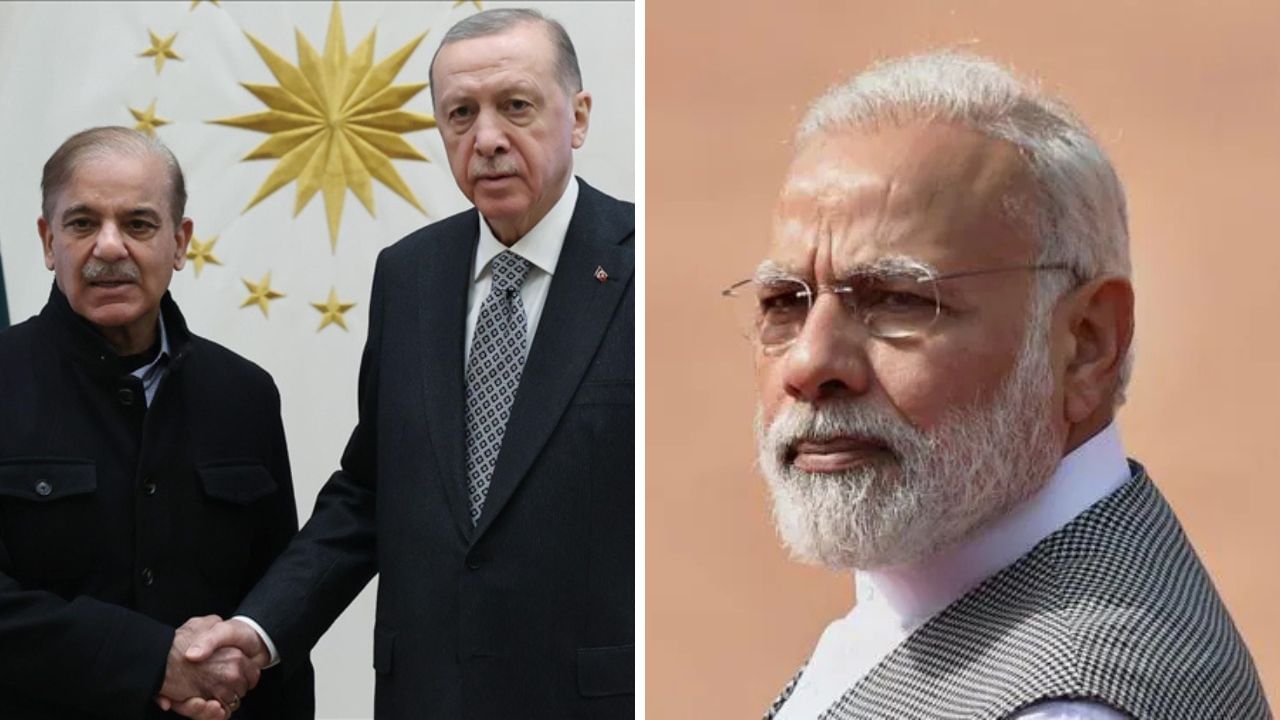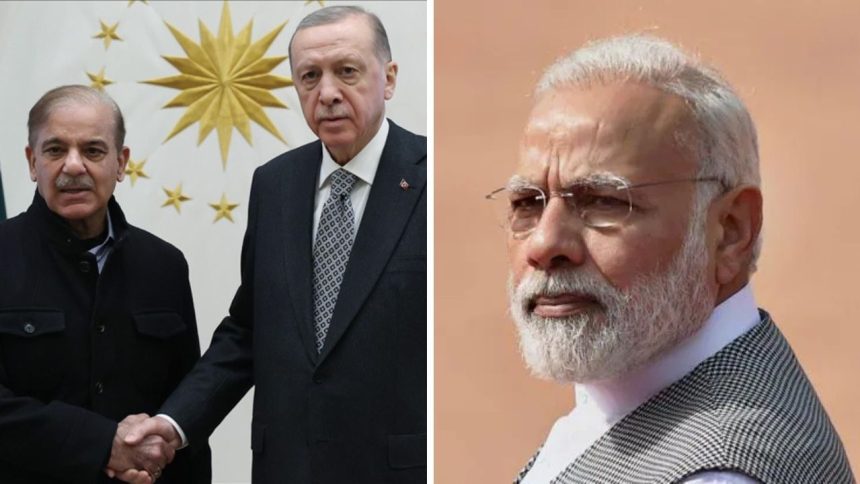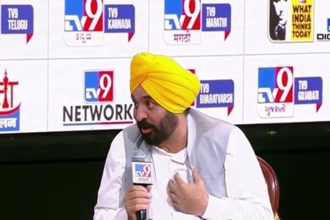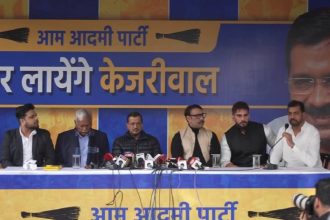
New Delhi: During the night of May 8-9, India successfully defended itself against a large-scale drone assault, in which over 300 drones from Pakistan targeted 36 military and civilian locations along the western border. Initial forensic studies suggest the drones may have been manufactured in Turkey. Wreckage recovered from the drones has undergone forensic examination, revealing they were Turkish-made Asisguard Songar unmanned aerial vehicles (UAVs), according to Indian defence officials.
Colonel Sofiya Qureshi and Wing Commander Vyomika Singh confirmed this development, stating, “Early forensic analysis indicates that the drones used were Turkish-made Asisguard Songar models.”
This significant rise in tensions between India and Pakistan followed the recent incident in Pahalgam. Turkey has now openly shown its support for Islamabad, further adding to the instability in the region. The situation worsened on the night of 8–9 May, when Pakistan launched a wave of more than 300 drones, many believed to be of Turkish origin, to hit important military and civilian sites along India’s western front.
This comes at a time when Turkey is increasing its strategic support for Pakistan, which has included the delivery of advanced weapons systems and diplomatic support, particularly in connection with the Kashmir dispute. Turkey has become the second-largest arms supplier to Pakistan.
Strengthening military ties: Turkey and Pakistan’s deep defence cooperation
Over recent years, military cooperation between Turkey and Pakistan has grown steadily, with several major defence deals and joint training exercises taking place. Apart from the Songar drones, Pakistan has recently added Turkish-made Bayraktar TB2 drones and several naval defence technologies to its arsenal. Turkey’s continued support—both military and political—towards Pakistan, especially on the Kashmir issue, has remained a point of contention for India.
This ongoing support from Ankara to Islamabad has raised alarms in New Delhi, particularly as Turkish arms continue to find their way into the Pakistan military. While Gulf countries have largely stayed neutral and understanding towards India’s position on Kashmir, even if not backed it, Turkey is a different ballgame. Ankara has repeatedly backed Islamabad through both words and actions.
Turkey’s endorsement of Pakistan’s Kashmir policy
Turkey’s support for Pakistan is not limited to weapons and defence systems. It extends into diplomatic forums as well. Ankara has played a significant role in Pakistan’s efforts to upgrade its military capabilities, including a $1 billion agreement to modernise naval systems and the continuous supply of drones and fighter jets. This cooperation has worsened Turkey’s already tense relations with India, especially as India builds closer defence and trade ties with countries like the United Arab Emirates and Saudi Arabia.
Turkey’s partnership with Pakistan also influences the political narrative, especially on Kashmir. In February 2025, Turkish President Erdogan restated his country’s support for Pakistan, openly criticising India’s military operations in Kashmir and urging international intervention.
In fact, Erdogan’s repeated interventions in Kashmir have never been neutral. They echo Islamabad’s talking points and ignore the cross-border terrorism that remains the single biggest threat to peace in the region.
How the unholy nexus impacts India
Diplomatically, Turkey’s alignment with Pakistan on the Kashmir issue has been particularly troubling for New Delhi. Although Turkey has tried to remain neutral in some global matters, its clear support for Pakistan could be alarming. Given Pakistan’s propensity for cross-border terrorism, the combination of military aid and political endorsement from Ankara suggests a dangerous alignment that could affect regional peace in the long run.
The growing bonhomie between Turkey and Pakistan presents a complex threat for India. President Recep Tayyip Erdoğan has repeatedly raised the Kashmir matter in international forums, including the United Nations General Assembly, often echoing Pakistan’s narrative and criticising India’s abrogation of Article 370. This vocal stance by a NATO member state undermines India’s diplomatic efforts to portray the issue as an internal matter and to isolate Pakistan on global platforms.
Operation Dost: A forgotten friendship?
And the blow is made all the more bitter by history. India’s unconditional help during Turkey’s earthquake disaster stands in contrast to Ankara’s betrayal.
In 2023, when Turkey was devastated by one of the worst earthquakes in its history, it was India that rushed to help. Operation Dost — “Dost” meaning “friend” in both Turkish and Hindi — saw India dispatch C-17 Globemasters filled with medical teams, sniffer dogs, relief supplies, and high-tech equipment. A field hospital was set up. Indian drones were used to locate survivors. Images of Turkish citizens kissing Indian medics in gratitude went viral. India gave—without conditions, without hesitation.
As India-Pakistan relations remain strained, Turkey’s consistent backing of Islamabad presents a serious challenge to New Delhi’s regional security efforts and diplomatic goals. The growing partnership between Turkey and Pakistan carries serious implications, and India is expected to explore further ways to respond, both through its defence capabilities and its international partnerships.










